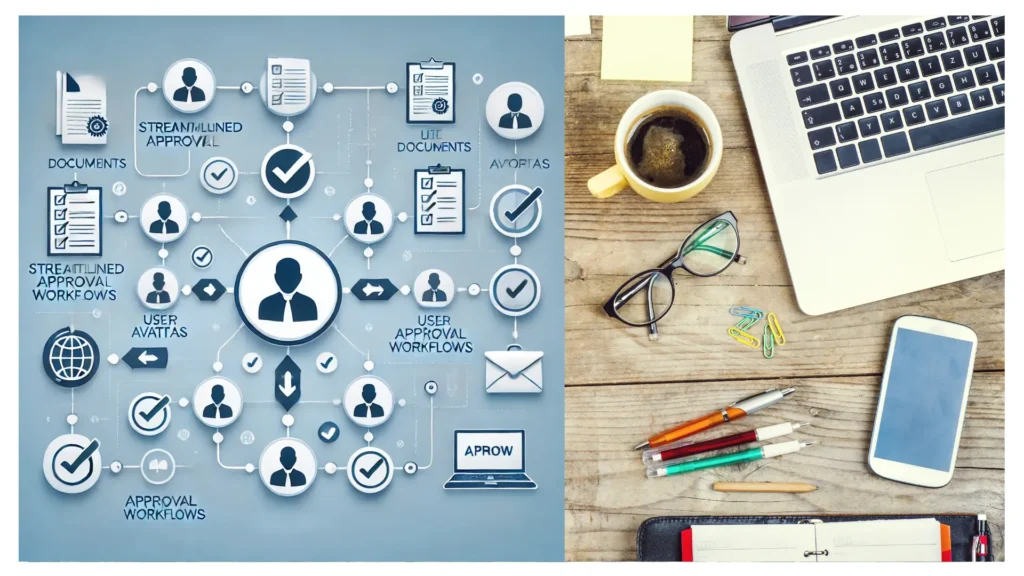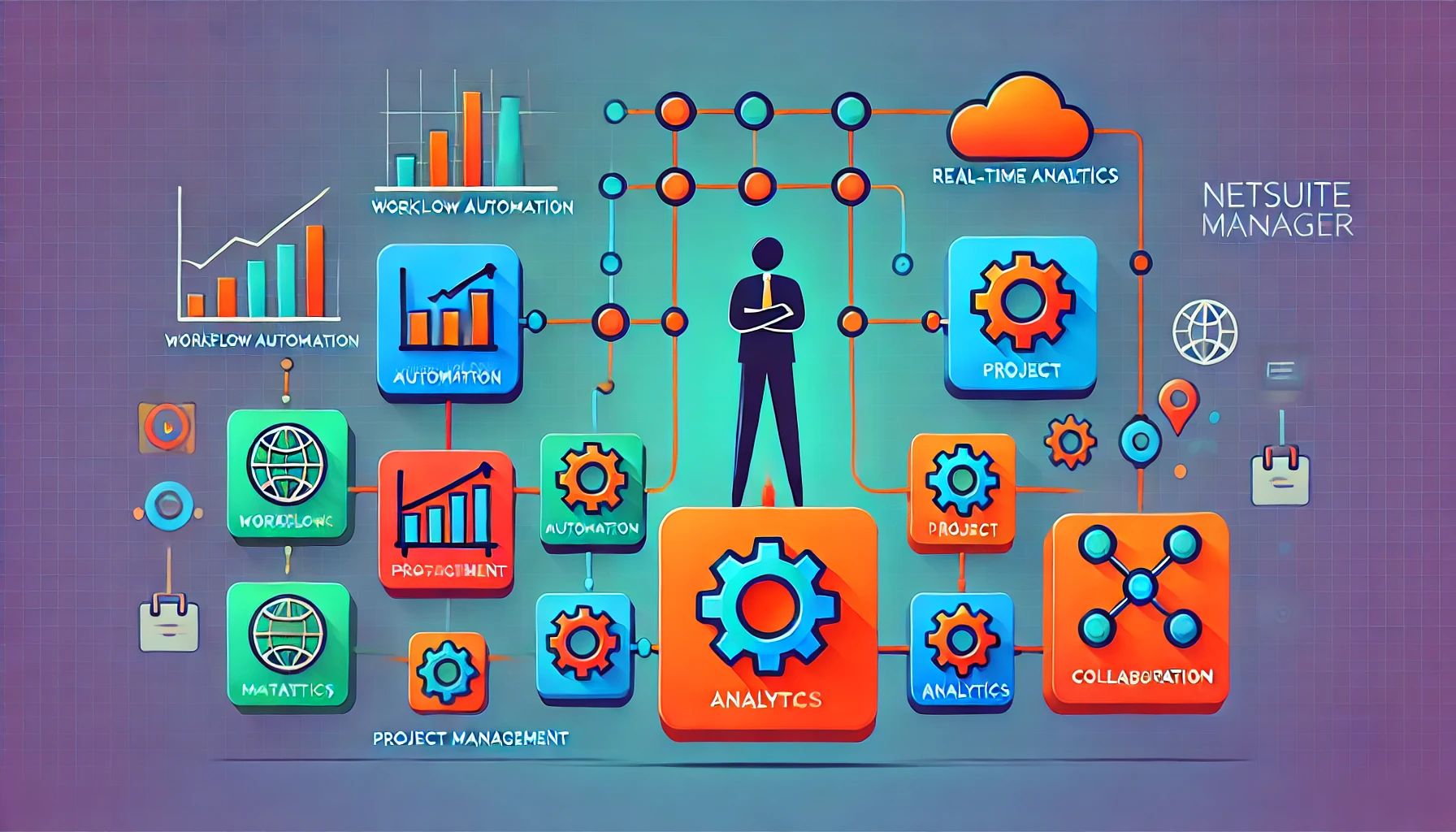Table of Contents
ToggleTracking Employee Expenses: Best Practices with NetSuite
Tracking Employee Expenses with NetSuite is a key step to maintain financial control as well as ensure compliance within any organization. A strong, cloudbased ERP solution is there to helps in tracking the employee expenses with NetSuite in a systematic manner. Here are the best practices for managing employee expenses efficiently using NetSuite:
- Centralized Expense Management
NetSuite’s expense management feature enables organizations to integrate all expense data into a single location. This brings about the reduction of mistakes and gives a complete insight into the financial activities occurring within the business. More so, centralization benefits reporting and auditing processes, as it becomes easier in this manner.
- Automation of Expense Policies
NetSuite lets the organizations put their expense policies right into the application. Establish preconfigured approval workflows, spending limits, and categorization rules for automatic adherence to company policies. Automated policies reduce the level of manual intervention, therefore less risk of errors or fraudulent claims.
- RealTime Expense Tracking
Employees can log expenses in realtime using a userfriendly mobile app or web interface with NetSuite. This ensures timely submission and minimizes the backlog of unprocessed claims. Realtime tracking also enables managers to track spending trends and address issues in a timely manner.
- Corporate Credit Cards Integration
Integration is seamless as well with any corporate credit card programs, through automatic synchronization of all transactions. This will save the time of employees and administrators by reducing manual data entry and ensuring accurate expense reporting.
- Leverage Analytics for Insights
Advanced analytics tools by NetSuite offer indepth analysis of employees’ spending habits. Track expenses based on categories, departments, or even employees, using customizable dashboards for better insights to optimize cost and improve budgeting.
- Compliance with Tax Regulations
NetSuite automates the computation and categorization of taxdeductible expenses, thereby ensuring that all expense claims are in line with local tax regulations, thus minimizing the risk of penalties during audits.
- Streamline Approval Workflows
Approval workflows play a crucial role in timely expense processing. NetSuite lets you configure multilevel approval workflows according to your organizational hierarchy. Automated notifications ensure that approvers are alerted in a timely manner, thereby preventing delays.
- Ensure Audit Ready with Accurate Audit Trails
Expense management and readiness require auditing. NetSuite tracks each and every transaction regarding any expense, be it its submission, approval, and even reimbursement. Thus, in detail, records will allow the transparency that it carries for auditing and even help make the audit easy and hassle-free.
- Create Personalized Expense Categories
Organize your organization’s need-based categories through customization using NetSuite. Categorized and clear spending help manage specific areas of expense effectively in reporting financial reports.
- Regularly Review and Update Policies
Expense policies must grow with the business. NetSuite’s flexible platform allows easy updates to expense policies and workflows. Regularly review these settings to ensure that they reflect current organizational needs and compliance standards.
- Streamline Expense Reimbursement
NetSuite automatically associates approved expenses with payroll or accounts payable, thus streamlining the reimbursement process. Employees can monitor the status of their reimbursement requests in real-time, ensuring transparency. Timely reimbursements lead to increased employee satisfaction and build trust within the organization.
- Increase Collaboration Between Departments
Often, expense management will involve coordination between finance, HR, and individual departments. NetSuite’s collaboration tools ensure that teams are able to communicate and share data seamlessly. This cooperation minimizes discrepancies and makes sure that all stakeholders can have access to accurate, updated expense information.

Employee Training on Expense Management Tools
The best way to get maximum efficiency from NetSuite’s expense management tools is by providing comprehensive training to the employees. This can include educating employees on best practices, how to use mobile apps, and following policy to make implementation smoother and higher compliance rates. Knowledge gaps can be filled by conducting workshops or digital tutorials regularly.

Scaling for Business Growth
As the organization grows, its expense management needs change as well. NetSuite is a scalable platform that helps businesses to adjust workflows with ease, integrate additional features, and manage higher volumes of transactions without losing the efficiency. This adaptability ensures that expense tracking will be streamlined even during periods of rapid expansion.
Tracking Employee Expenses with NetSuite: Improving Employee Accountability
Employee accountability in expense reporting is an encouraging measure for maintaining a transparent financial system. Using tracking tools offered by NetSuite helps employees become more conscious of their spending behaviors, while clear guidelines and automatic reminders ensure that everyone adheres to the organization’s expense policies.
Conclusion
Tracking employee expenses is one of the foundational elements of effective financial management. With advanced features offered by NetSuite and using these best practices, organizations will be able to streamline expense management processes while ensuring compliance and gaining much needed insight to make better decisions. A structured approach to expense tracking saves time and helps increase transparency and accountability across the organization.
For companies to optimize their expenses, NetSuite offers its scalable and reliable solution for any business in a changing modern landscape.



